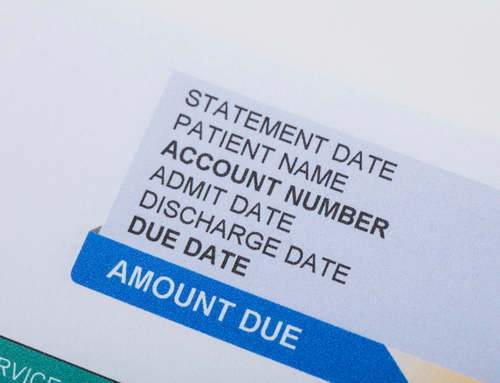 Do you know what Abraham Lincoln, Thomas Jefferson, Ben Franklin, Ulysses S. Grant, Mark Twain, Henry Ford, Walt Disney, Wayne Newton, Donald Trump, Larry King, Willie Nelson, Tom Petty, Dorothy Hamill, and Burt Reynolds all have in common? They all have filed for bankruptcy, some more than once.
Do you know what Abraham Lincoln, Thomas Jefferson, Ben Franklin, Ulysses S. Grant, Mark Twain, Henry Ford, Walt Disney, Wayne Newton, Donald Trump, Larry King, Willie Nelson, Tom Petty, Dorothy Hamill, and Burt Reynolds all have in common? They all have filed for bankruptcy, some more than once.
While the perception of bankruptcy is often negative, it shouldn’t be. Bankruptcy does not cause financial problems, it comes as a result of them. When Henry Ford realized he had more debt than he could pay, he didn’t wallow in self-pity and inactivity, he acted in his best interests by using bankruptcy as a financial tool to relieve him of debt so that he could continue to move forward. Had he not been able to effectively deal with his debt through the bankruptcy process he may never have become the enormous success that he later became. Bankruptcy is not something to be feared, it is an opportunity to start fresh financially.
While no one wants to file for bankruptcy, the social stigma that held so many back from taking that important step toward improving their lives has generally dissipated, due in large part to the financial crisis of 2008. Countless people have lost their jobs and homes in the recent past, and the economy has been slow to rebound, forcing millions to seek help from their financial troubles through the bankruptcy process. Bankruptcy remains one of the most effective means available in the US legal system for the benefit of consumers, and, on a cost-effectiveness basis, one of the least expensive legal remedies.
If you are concerned about filing for bankruptcy because you think others will find out, don’t be. Failing to take necessary action because of a general worry that others might perceive you to be less responsible or less financially capable may be a self-defeating tactic. Bankruptcy stops financial bleeding, if it does nothing else, and allows you to move forward, to rebuild credit, to move past unfortunate circumstances and, yes, even unfortunate decisions. The perception of a person who is meeting their obligations rather than drowning in them will almost always be a more positive perception. After bankruptcy, when you are no longer seen as a person struggling with debt, you will be considered a much better credit risk.
Bankruptcy filings, although public record by way of the US Federal Court System, are not easily accessed, and are not typically published anywhere else. Unlike the Wisconsin Circuit Court System, which can be viewed by anyone with internet access, the US Federal Court System is only open to those with a legitimate reason for such access, such as attorneys and judges that practice in the system. Your friends and acquaintances do not have access to this system. Generally speaking, if you do not tell anyone that you have filed a Chapter 7 or Chapter 13 bankruptcy, they will not find out about it.
In 2013, in the Eastern District of Wisconsin alone, 16,453 bankruptcies were filed. This is but a small fraction of the total number filed nationwide. There has been a dramatic change in the way bankruptcy is perceived in America. In previous generations, those who declared bankruptcy were often labeled as failures – people who were just not able to pull their own weight in the world. Gradually, this stigma began to fade as the number of people who were forced to file due to circumstances beyond their control multiplied. Given the state of the economy over the past several years, the necessity and efficacy of a bankruptcy for many families as a means of moving forward from unemployment, divorce, undervalued real estate and multiple mortgages, has become clear. Do not let misguided misconceptions stop you from solving your financial problems.
If you have any questions about Chapter 7 or Chapter 13 bankruptcy, call the Bankruptcy Law Center LLP at (414) 257-1900.





